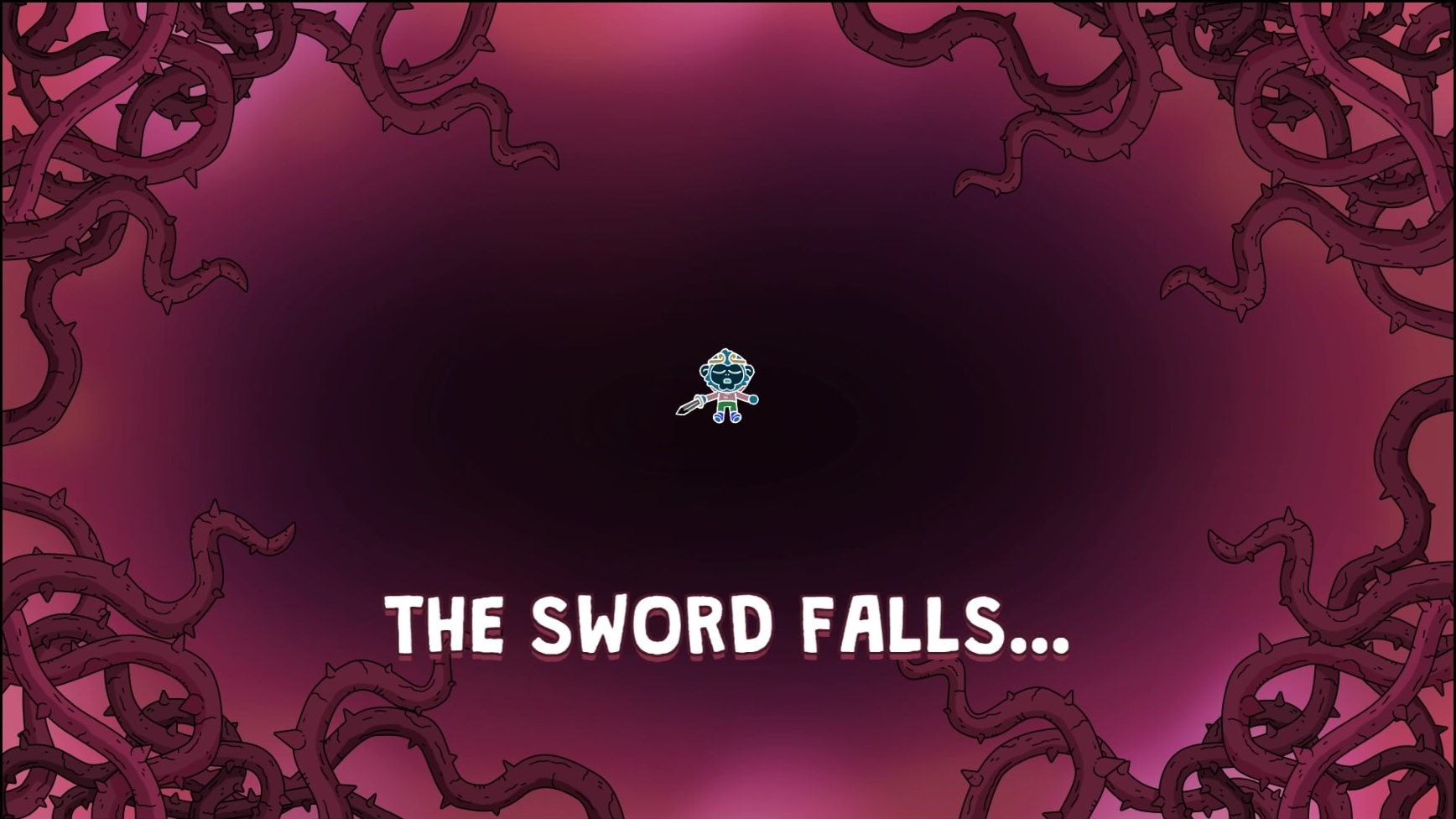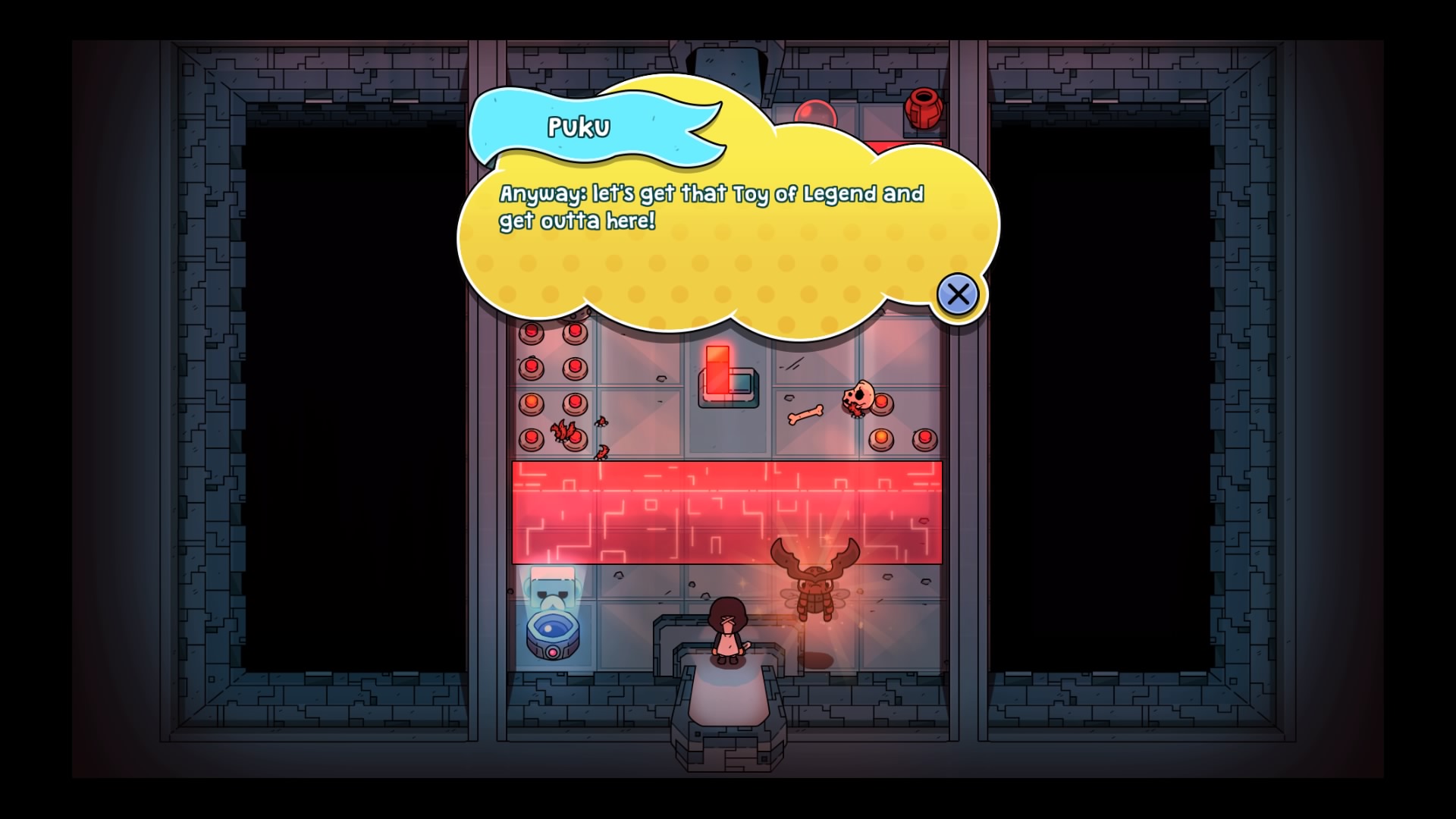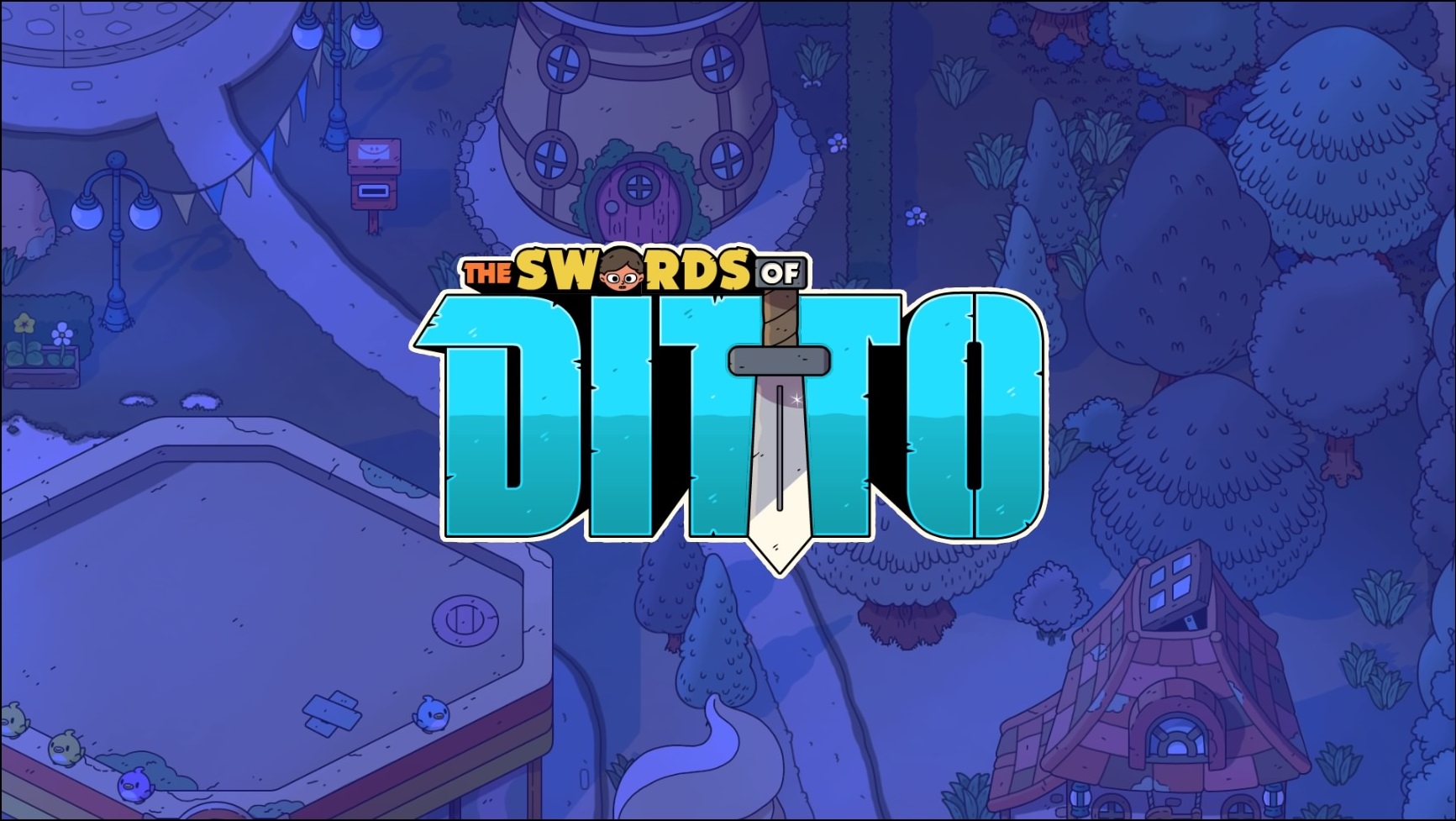The Swords of Ditto has been out for about two weeks now. When the title made its PS4 and PC release on April 24th, Onebitbeyond promised players an inexhaustible font of procedurally generated maps to explore, granting each hero their own “unique” adventure. This is an RPG nerd’s dream come true, in concept. It’s unfortunate, then, that the in-game experience fails to cohesively come together.
For the record, I really want to like The Swords of Ditto. The two influences it draws from, 2D Zelda and roguelikes, are among my absolute favorite styles of game. The problem is that while Ditto is clear about what it wants to be on paper, the blend of these two major influences, in practice, results in some utterly baffling design choices.

As I said, The Swords of Ditto borrows heavily from the Zelda franchise. It’s when it leans into this homage that the game really starts to shine. The exploration, isolated from everything else, is fantastic. I’d say the same of the inventive tool-based puzzle mechanics. When I get to just sit down and play the game, it’s a rock-solid experience.
So What’s Your Problem, Nerd?
Due to aforementioned design choices, the structure of the game seems bent against actually letting me play it. As a roguelike, character death is permanent in Ditto. This is fine, except for the lengthy, un-skippable text dump I’m forced to to mash through at the end of every run. Once the success or failure screen finally clears, the floating tutorial character re-appears to deliver another lengthy speech I’ve already heard, and then another when I exit my house, and another when I retrieve my starting gear.
There’s also the speeches whenever I find a new dungeon, or challenge the final boss, or talk to any of the shopkeepers I’ve already introduced myself to on the past dozen runs. These would make sense in a Zelda-style game, where you only have to read them once. Hell, Ditto‘s quirky and vibrant residents might even be endearing if they ever had anything new to say.

Yeah, Puku, I got it after the eighth time you said it…
Then there’s the game’s time limit. Most roguelikes possess features that discourage players from grinding too excessively. This can come in the form of a level or experience cap, safeguards against back-tracking, or occasionally a time-limit.
This type of pressure works for some games, but not for an open world, and not for a game that levels up with you anyway. In practice, all the time-limit does is pressure you into bee-lining to the next story dungeon. Want to do a side-quest? Want to explore the “unique” map that’s been procedurally generated just for you? Sorry, no time!
Respecting the Player is Respecting the Game
The only time the game does encourage exploration is when it’s forcing your hand. Main-quest dungeons are level-locked, meaning you will need to gain one level before entering the first main dungeon on any run. Again, enemies level up as you do. There is functionally no reason for forcing the player to level-grind except to waste their limited resources.
I really, really want to like The Swords of Ditto. It’s an aesthetically beautiful game that combines two of my favorite types of gameplay. The lesson learned though, is that you can’t just haphazardly jam two concepts together and expect the best of both worlds. The issues that Ditto suffers from might not be so bad on their own, but compounded, they make for a game that feels like it doesn’t want you enjoying yourself. For now, I’m keeping my eye on Onebitbeyond, and hoping that their next endeavor learns from these mistakes. Alternatively, I’d love to see The Swords of Ditto receive the fix that it so badly needs and deserves.



